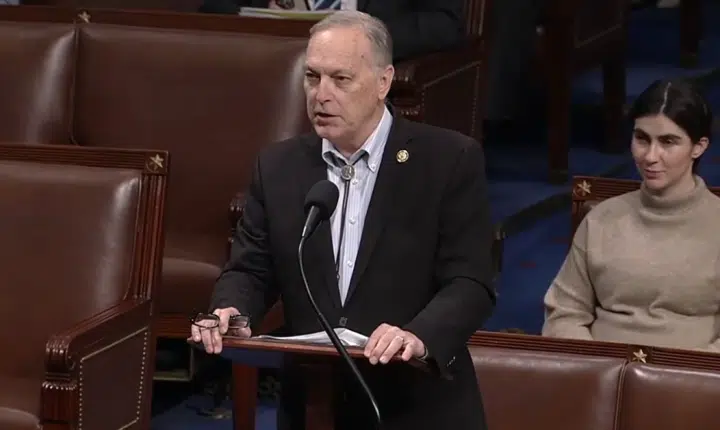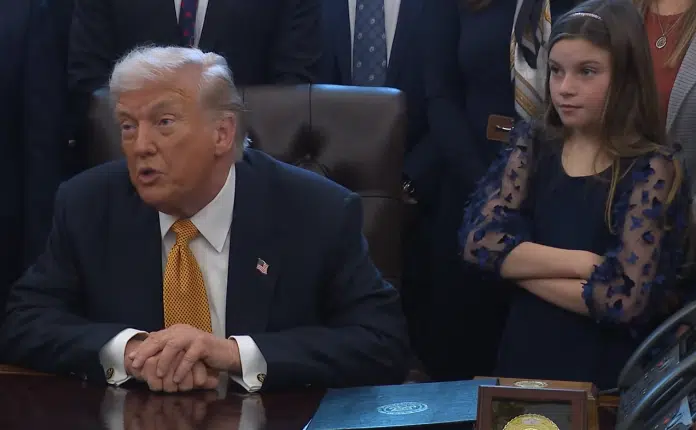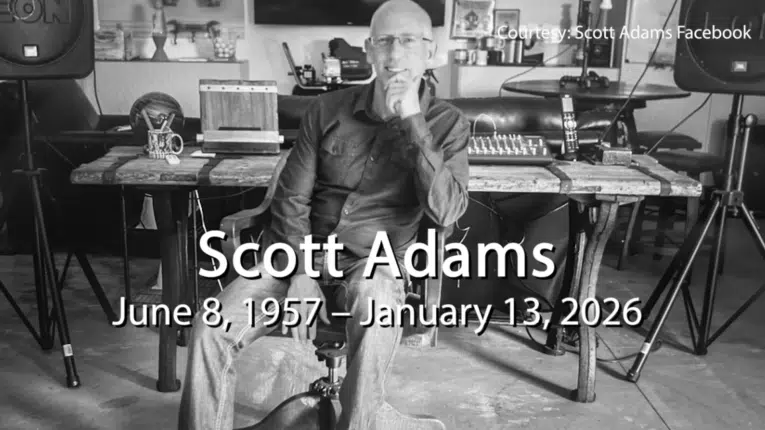By Robert Romano — If the most recent polls are any indication, Richard Mourdock is likely to be the Republican Party nominee in Nov. for the U.S. Senate seat in Indiana.
In a head-to-head matchup with long-serving Sen. Richard Lugar, Mourdock, the state’s treasurer, has a ten point edge, leading 48 percent to 38 percent among likely Republican primary voters.
For Lugar, now 80, it is the fight of his political life. And the May 8 primary may very well be his last stand.
According to Indiana’s sore loser law, “a person who… is defeated in a primary election… is not eligible to become a candidate for the same office in the next general … election.”
That means Lugar will not have any recourse to run as an Independent or even a write-in candidate should he lose on May 8, unlike Lisa Murkowski in 2010. Murkowski, despite losing her primary to insurgent Tea Partier Joe Miller in Alaska, waged a successful write-in campaign to keep her Senate seat.
In an exclusive conference call interview with Americans for Limited Government (ALG), Mourdock confirmed his campaign lawyers’ view of Indiana law as barring an Independent or write-in effort.
Interestingly, that is a view apparently shared by the Lugar campaign as well. Said Lugar himself to the Courier & Press editorial board on April 10, “I’ve not given it any thought because as I understand the election laws of Indiana, the Alaska example is not really pertinent.”
With the Indiana race unfolding the way it is, 2012 is being viewed by some political observers as a testing ground for the lasting strength of the Tea Party. Was it just a flash in the pan? Or does it represent a major shift politically particularly in the GOP?
In a recent column, Americans for Limited Government President Bill Wilson said “the Tea Party is engaged in a long-term campaign to reconstitute Congress — one seat at a time — with candidates that are more likely to take on the entrenched establishment.”
He added that Lugar’s “political troubles prove that the Tea Party is here to stay and that no deeply rooted incumbent on the right is safe.”
Mourdock agreed, talking on the ALG conference call: “This is an intraparty rebellion against a very senior senator who’s been there too long and who’s grown out of touch with the people he’s supposed to represent.”
The Indiana treasurer thanked the Tea Party for their help and said they’re not going anywhere: “Our campaign has over 3,000 volunteers, and most of them came from the Tea Party organizations. So people who think the Tea Party has died are about to find that the reports of its death are greatly exaggerated.”
He added a prediction of victory: “We’re going to win this race because of the help of all those Tea Party folks.”
All of which may send a very strong message to any heavily entrenched Republican incumbent: No seat is safe, no matter how long one has served. Lugar has held his Senate seat for over 35 years.
Mourdock’s campaign theme has played heavily off of the anti-establishment theme, calling the challenger candidate in a commercial “A Republican who’s on our side.”
That particular spot called attention to Lugar’s support for Obama Supreme Court picks Elena Kagan and Sonia Sotomayor, his co-sponsorship of the DREAM Act, his vote in favor of Obama’s Strategic Arms Reduction Treaty with Russia, and his vocal support for an “assault” weapons ban.
Adding to Lugar’s various apostasies from the conservative base of the GOP, in 2011, Lugar voted in favor of increasing the national debt ceiling to over $16 trillion despite no significant, mandatory spending cuts being attached. Instead, he depended on the now-failed Supercommittee to make the decisions Congress lacked the courage to.
During the debate over raising the nation’s credit limit, Lugar even accepted the false premise put forth by the Obama Administration that if the debt ceiling was not increased, that would necessarily mean the nation would default.
He said the American people wanted “to make certain that the country doesn’t default on its debt and creates a worldwide crisis for us and for everybody else. So, it’s imperative we get the debt ceiling problem solved.”
In fact, if the debt ceiling had not been increased, all that would have occurred is the government simply could not borrow any new money. But it still would have been able to refinance existing debt up to the limit. And then interest payments could have been made out of ample revenues to the Treasury, as could disbursements to critical programs like defense, Social Security, and Medicare.
Either way, Lugar did not have the courage to stand up to what turns out to have been a very bad deal — for American taxpayers. Because congressional Republicans failed to stand up to Obama on the debt ceiling, the $15.6 trillion debt has now grown larger than the entire economy, raising the prospect that it will become increasingly hard to refinance it, let alone ever repay it.
For Mourdock’s part, on the ALG conference call he said the debt is the number one issue facing the nation going forward. He’s right. And if he wins on Tuesday, he’ll have an opportunity to take his message of fiscal responsibility to the people of Indiana — and the nation — in Nov.
As for Lugar, he had his chance.
Robert Romano is the Senior Editor of Americans for Limited Government.







